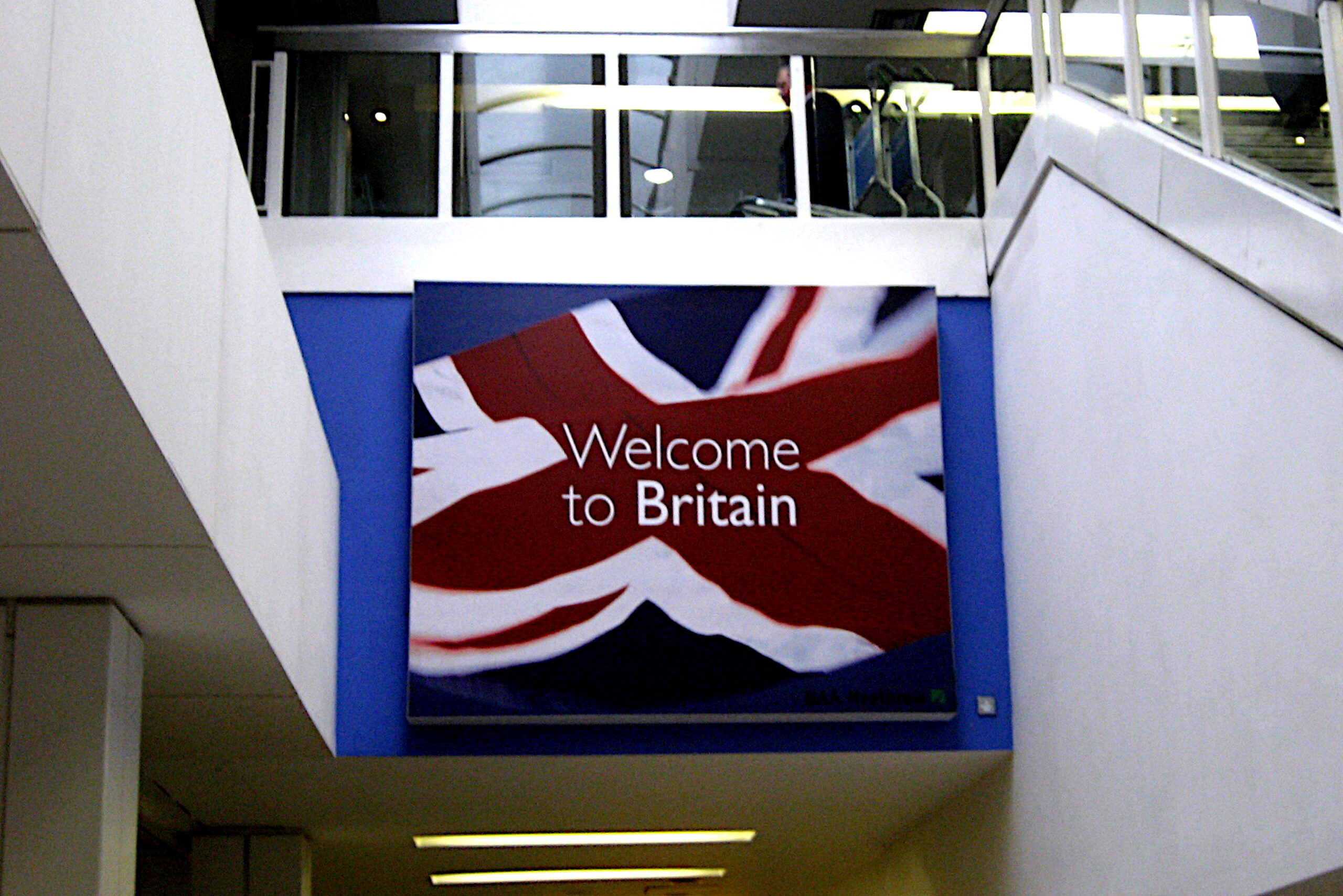
The Nationality and Borders bill is a new and dangerous piece of legislation which has been creeping through parliament for the past few months, yet many people are still unaware of the threat it poses.
The government has stuck to its soundbites that the bill will weaken people smuggling gangs, save lives and protect those seeking asylum, but in fact the proposed measures will have the opposite effect. It represents a blatant attack on asylum seekers, UK citizens with dual citizenship, and our international obligations according to the 1951 Refugee Convention.
But what exactly is the bill, and why do we, as environmental campaigners, need to be protesting against it?
What is the Nationality and Borders Bill?
The home secretary, Priti Patel, has called the Nationality and Borders Bill a “fair but firm long-term plan that seeks to address the challenge of illegal migration head on”.
However, multiple aspects of the bill are a cause for concern, including provisions under clause 9 which would permit the government to no longer give notice when issuing a deprivation order if it is not “reasonably practicable” to do so.
Simply put, the government will have the power to strip individuals of their British citizenship without warning. On 28 February, the House of Lords voted to remove this clause, but MPs can still add it back in when the bill returns to the House of Commons in the coming weeks. The London Assembly called the legislation “potentially racist”, and parliamentarians in Scotland and Wales have already refused consent to the bill.
Leading immigration barristers have advised that the new powers are “unconstitutional”, arguing that the “exercise of the deprivation power has a disproportionate impact on non-white British citizens”.
Additionally, the bill fails to create safe routes for refugees, and instead includes measures that penalise those who risk their lives by taking the only route available to them. The UNHCR claims the bill undermines “international refugee protection rules and practices” established by the 1951 Refugee Convention.
In the past few weeks, millions of Ukrainians have become refugees, seeking shelter from the war in other countries without safe routes to reach the UK. Asylum seekers from other countries such as Syria and Afghanistan have also been deprived of safe routes to asylum by the UK immigration regime. This bill does nothing to help them – in fact, it will make it even harder for them to seek sanctuary in the UK.
Why migrant justice is climate justice
Climate justice is not only about fighting to reduce emissions or to protect biodiversity, but doing so in a way that creates a fairer, more equitable world for everyone.
We know that climate change disproportionately impacts those who are also dealing with the effects of colonialism, environmental racism and extractivism, an economic model that removes natural resources from a country to sell them on the global market. The climate crisis has already forced people to migrate, with predictions suggesting that these numbers will continue to drastically increase.
Given the present-day systems and historical injustices that fuel the climate crisis, we cannot turn our backs when these same systems and inequalities create migrants and refugees. How can we criminalise migrants, refugees and asylum seekers when they deserve our compassion and support?
The Nationality and Borders Bill puts barriers in the way of people who are most in need of our help and security, including those who might have migrated because of climate change. Climate justice isn’t just at all if we are willing to turn our backs on migrants.
The political backdrop
This legislation is a product of the UK’s political environment which has become increasingly hostile towards migrants and refugees. At the same time, the government has also been attempting to curtail the right to protest, through the Policing Bill.
Recently, Greenpeace joined a coalition of campaigning organisations to push back against the Policing Bill, and we were able to get the worst parts of the bill removed.
The Nationality and Borders Bill also presents a heightened risk for those who are participating in climate actions, who could potentially see their citizenship jeopardised if they are arrested.
If we are truly to create an inclusive environmental movement with anti-racist principles at its core, we cannot allow bills such as the Nationality and Borders Bill to divide us.
Climate justice must include migrant justice and racial justice, otherwise it’s not justice at all.
What you can you do to help fight against the bill
- The Refugee Council has created an email template for contacting your MP.
- Sign the petition on the UK parliament website.
- Remember that migrants deserve our solidarity and compassion. Speak up for them in conversations with your friends, family or colleagues. We must protect people, not create more rules that exclude, penalise and degrade those who have been plunged into dire situations like those fleeing from Ukraine, Afghanistan, Syria or other countries experiencing upheaval.